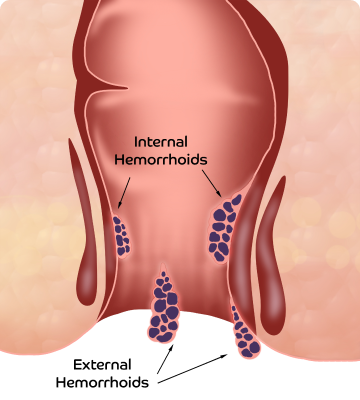Preparation Before Surgical Abortion
Before a surgical abortion, your OB-GYN evaluates your past health, including the medicines you are taking. Apart from that, the OB-GYN may do the following:-
Physical exam, including a pelvic exam to evaluate your health, how long you have been pregnant, the location as well as the health of the embryo or fetus.
An ultrasound to confirm how far along and where the pregnancy is. Your OB-GYN will explain the procedure, possible complications, and when to call your doctor. You may also discuss your decision to have an abortion and your feelings about it. You could also discuss your plans for future pregnancies and birth control use.
Follow-up exam after a surgical abortion
A follow-up exam is done usually about 2 weeks after the surgical abortion. The exam may include the following:-
A blood test to check for anemia
A physical exam to check the condition of the cervix and the uterus
A test to check for human chorionic gonadotropin (hCG) levels Apart from all the above, you may discuss the use of birth control. If birth control measures were started just after the abortion, the proper use of the method can be discussed again.
Also, you can ask all the questions that you have to your OB-GYN if you had an intrauterine device (IUD) inserted at the time of the surgical abortion.
Care After Undergoing Surgical Abortion
After the surgical abortion, the OB-GYN will check your vital signs such as heart rate, breathing, and blood pressure to make sure that everything is normal.
After that, the OB-GYN checks the bleeding is not excessive and uterine contractions are normal. The OB-GYN also checks that the side effects from anesthesia are not causing problems.
The OB-GYN may also prescribe you certain medicines. This may include the following:-
Antibiotics to prevent infection
Medicines that cause uterine contractions to empty the uterus and reduce bleeding.
The OB-GYN gives Rh immunoglobulin to all the women who have Rh-negative blood type as it prevents Rh sensitization after abortion.
Pain medicines for pain and cramping caused by uterine contractions.
Apart from all that, the OB-GYN may also prescribe certain medicines to treat nausea and vomiting.


















